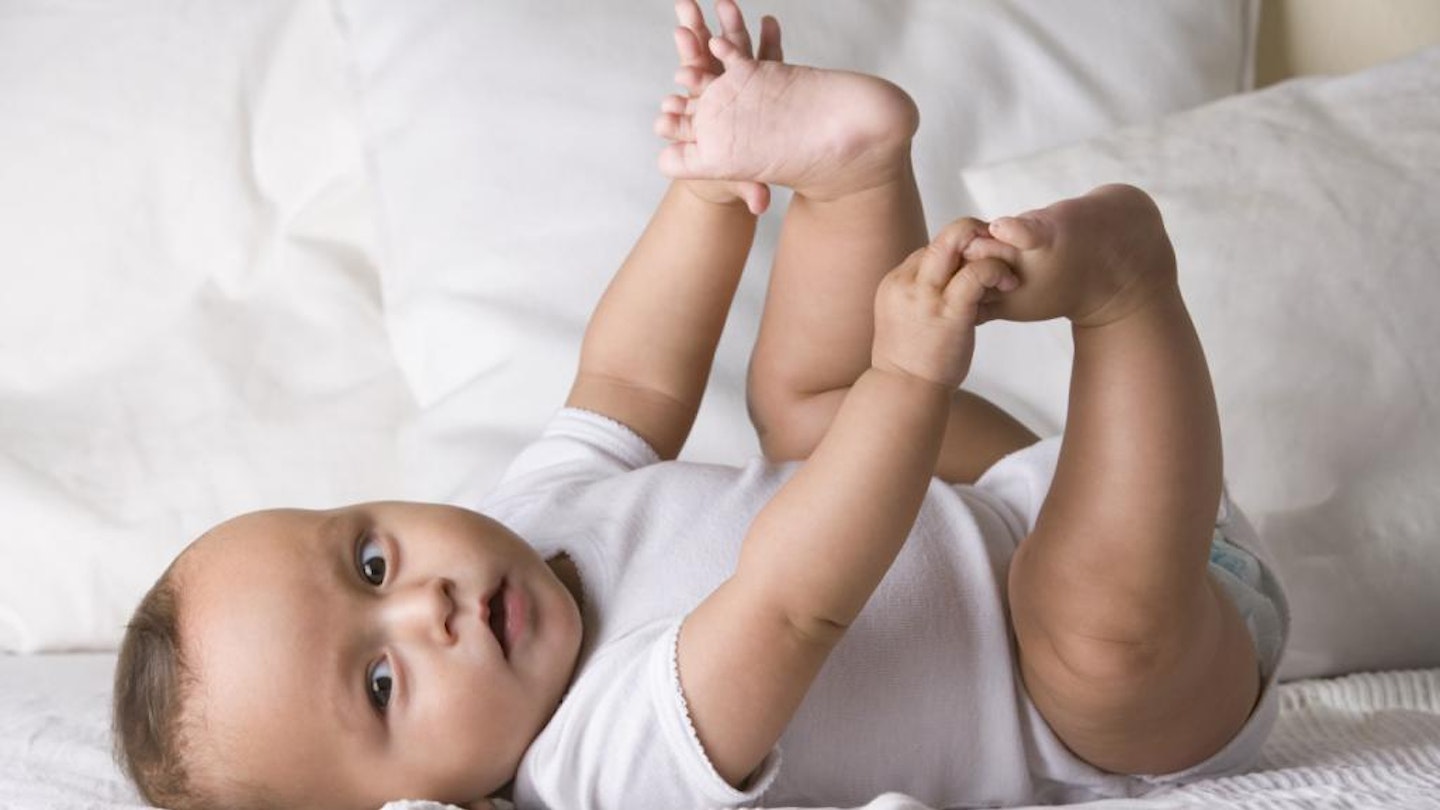You already know your baby’s pretty unique. But are life factors already shaping your baby’s personality?
Your baby is one in a million. Whether it’s his fits of giggles at your silly voice or his ability to take just about everything in his stride, your baby’s personality is unique to him. And we’ve worked out why…
Birth order
Your baby’s place in the family affects his attitude to success, if European research is to be believed. The study showed that firstborns judge their achievements by how they stack up against their own past abilities, while second siblings tend to compare themselves to others.
Feeding style
Is your breastfed baby headstrong? That’s often the case, according to research by the Medical Research Council in Cambridge. In a study of 316 three month olds, breastfed infants took longer to calm down after excitement compared with those who were bottle-fed.
Youth
Your youngest child could be the more creative. ‘He’s the baby, so he’s put in that centre-of-attention role,’ says psychologist Linda Blair. ‘As a parent, you may also be more relaxed through experience, so your toddler can take more risks, which naturally leads to discovery and creativity.’
Stereotype
Reconsider before choosing a blue blanket for a boy – according to a study, all babies are drawn to reds over blues. Help him avoid sticking to gender stereotypes.
‘If he sees you driving and his dad cooking – and vice versa – he won’t feel restricted by basic ideas of what men and women do,’ says child psychologist Jeni Hooper.
Social life
Temperament is something your baby’s born with, but it’s the experiences he has that will work with temperament to form his personality. ‘If he’s sensitive, throwing him into a new situation – like a mum and toddler group – may make him anxious, so introduce him gradually,’ explains Jeni.
Being silly
Want your baby to have a good sense of humour? ‘When it comes to what we find funny, humour is pretty innate and very personal,’ explains Linda. ‘But you can help your toddler to express his funny side regularly by playing, singing and laughing with him.’
Get social
Boost your baby’s social skills by letting him be around other children. ‘Babies are fascinated by each other and interaction helps their confidence build and develop,’ says Jeni.
Conversation
Rather than sticking to baby talk, try upping your grown up chat around your child.
‘Only children often have strong confidence from an early age and also tend to be very verbal because they’re mainly surrounded by adult conversation,’ says Linda. ‘Talk to your friends and older siblings in front of your toddler – you’ll be amazed at how much he absorbs language-wise.’
